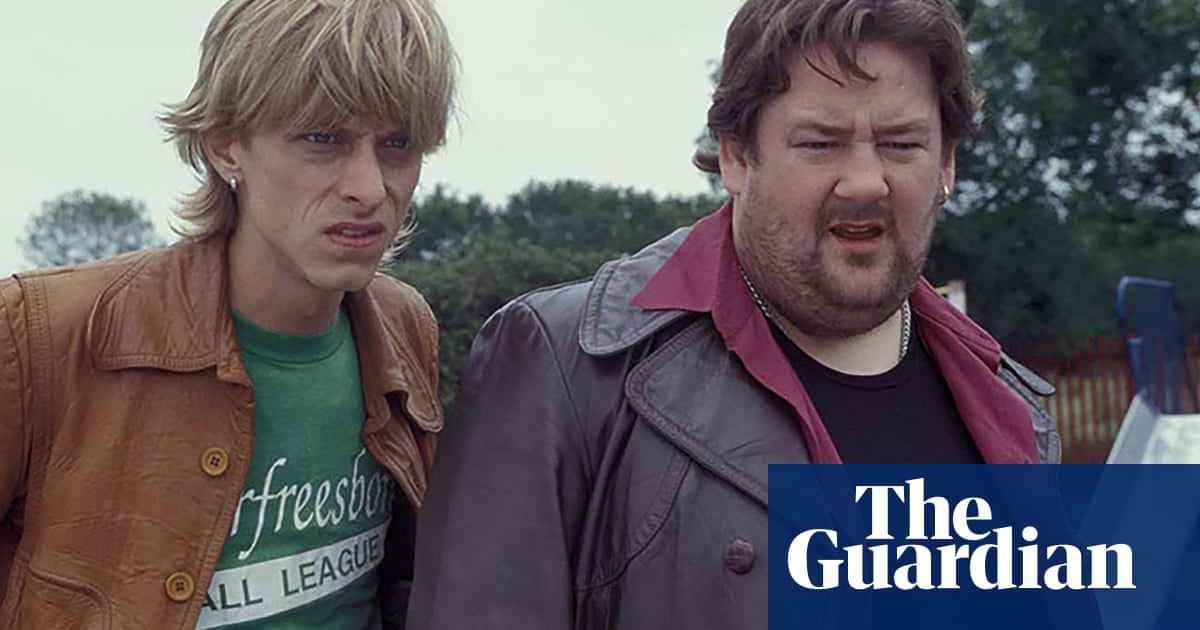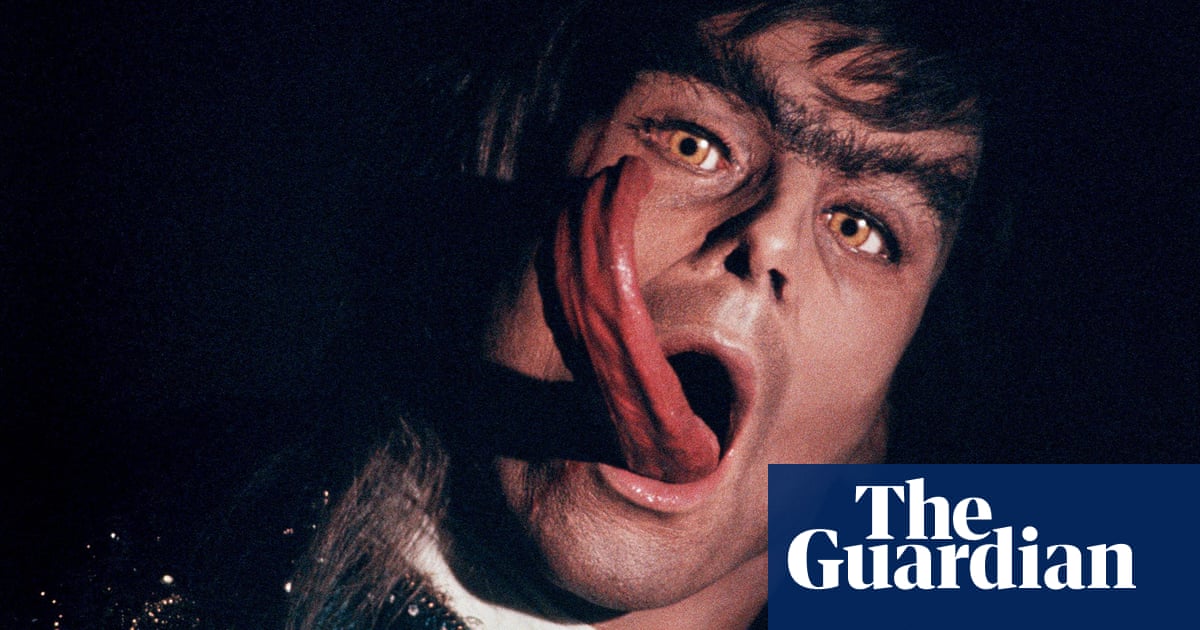
Florian Henckel von Donnersmarck, writer and director
In winter 1997, during my first year at film school in Munich, I was lying on the floor listening to music. I started thinking about how Lenin once told his best friend that he couldn’t listen to his favourite piano sonata as often as he would like, because it made him soft, and might stop him from wanting to hurt the people he needed to hurt. Suddenly, an image came to my mind: a man with headphones, in a bleak and depressing attic, secretly listening to his enemies, but thereby involuntarily hearing the kind of music he has been avoiding his entire life. I opened my laptop, started typing and within about an hour had written the outline of the movie.
In 2002, my wife and I found out we were going to have a child, which meant I needed to make some money quickly. I thought The Lives of Others could be produced for a relatively small budget, so I decided to write the script. I didn’t think it would take years to get it made, but it did. One broadcaster told me they would finance The Lives of Others if I turned it into a comedy. I wasn’t open to doing that.
In 2004, I sent the script to one of Germany’s most respected casting agents, 85-year-old Erna Baumbauer, who made it her mission to get the movie produced. She put me in touch with the German actors I admired most and persuaded them to read the script. They loved it, and she convinced them to act in it at a rate that was probably about 10% of what they usually make. That way we could get the film made with just public grant money. The shoot was 37 days in the grey Berlin winter. I had mapped out every frame beforehand with the cinematographer. There was no time for any kind of experimentation or improvisation.
Once it was finished, we screened it for all the German distributors. One after another they passed. They felt it was too dark, too intellectual. Then a miracle: Buena Vista took on the film and released it in 2006. Theirs was the kind of faith every artist hopes to encounter in their life. If it hadn’t been for three people at that company, The Lives of Others would never have been seen by anybody. It would be collecting dust on a shelf. The line between success and failure is extremely thin.
Sebastian Koch, played Georg Dreyman
I first met Florian when he approached me at premiere of a film of mine. He’s quite tall, he really stands out. I liked him very much straight away. He was sensitive and smart. Years later he told me he had written a script, a small thing, very humble. He read it to me and I was immediately captivated. We spent days together at his kitchen table, reading it over and over, refining it. We were a fantastic team.
It is quite difficult to make a political movie like The Lives of Others in Germany, and there was very little money behind the production. But the script was strong enough to attract other actors such as Ulrich Mühe and Martina Gedeck, who were already big stars. We all did it for almost nothing. I think every actor wants to make at least one film that endures, that can change the world a little bit. The atmosphere on set was almost like a student film because we all worked out of passion and belief. Some projects just attract the right people – you can feel there’s something unspoken between the lines. It was such a fantastic experience. I was just simply happy.
My character, Georg Dreyman, is kind of a perfect guy when you first meet him – good-looking, beautiful girlfriend, famous in the theatre. He even plays football in the street with kids. You think, “Such a man surely doesn’t exist?” Which is why I give him this deep sadness. He’s quite lonely in his ivory tower of art.
I had been living in Berlin for 15 years by the time we made the film and had a lot of connections to East Germany. I first came to the city in 1990, right after the fall of the wall, and spent three years in the Schiller Theatre where I worked with people that had been betrayed by family members in the GDR. To see the sadness and greyness that still remained in the city back then left a lasting impression on me.
I remember saying in the editing room: “We will definitely win the Palme d’Or”, because the film has a very French feel. In the end it didn’t go to Cannes because it was signed up for the Berlinale [the Berlin film festival]. But it was only when I saw the film for the first time with an audience that I realised we had made something really special. I didn’t watch myself as an actor as I normally might. I just was completely in the story. I never thought about the Oscars at all. It was not even in my cosmos. It came as a complete surprise to me when The Lives of Others won best foreign language film.












